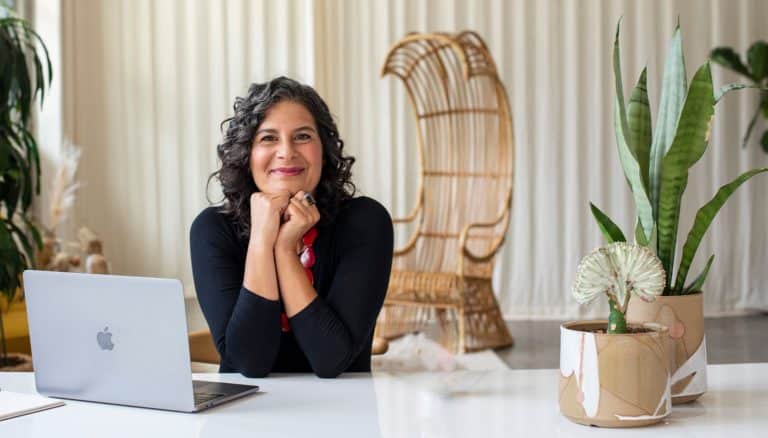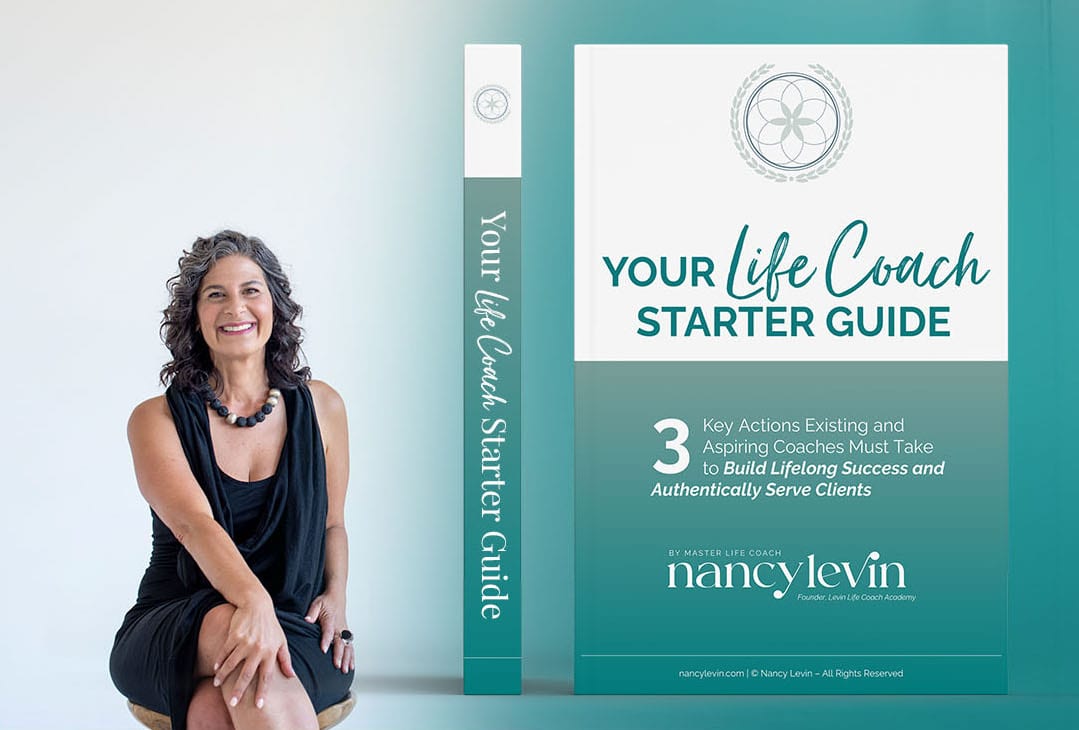
We are imperfect beings. No one can be the ideal picture of everything we want, so for any relationship to work, a certain amount of acceptance is required.
Relationship isn’t black and white; there’s got to be room for nuance. If you know me, you know I generally suggest you put yourself first. But that doesn’t mean you refuse to negotiate or that compromise is a dirty word. There’s plenty of room for nuance and plenty of room to accept the inevitable imperfections in your partner and your relationship.
At the same time, acceptance is different from being a doormat. It doesn’t mean you accept abuse or misery, and it doesn’t mean you abandon yourself. Each of us has our non-negotiables—behaviors we simply can’t tolerate or that are most important to us. (We’re going to evaluate those in a moment.) But most of the day-to-day issues that arise in healthy relationships aren’t as extreme as our non-negotiables. And when it comes to everyday differences, the game plan includes acceptance, collaboration, and negotiation.
Aaron, my boyfriend, still triggers me, of course…and vice versa. But each time, it’s an invitation for me to come back to myself and examine those triggers. Again, they aren’t about him; they’re about me. As legendary psychologist Carl Jung said, “Everything that irritates us about others can lead us to an understanding of ourselves.”
When Aaron behaves in a way I wish he wouldn’t, I ask myself, “Can I accept this behavior, even if I don’t like it?” Anything less causes me suffering. If I want the situation or Aaron to be different, that dissatisfaction will be painful for me. So my choices are (1) to get on board through acceptance, (2) attempt to negotiate/compromise with him about it, or (3) decide that the relationship isn’t working for me.
Traveling, for example, is a non-negotiable for me. For Aaron, having a partner who doesn’t travel is a preference, rather than something he absolutely can’t tolerate. So in order to be in relationship with me, he’s made the choice to accept my frequent traveling, even if he doesn’t like it.
The operative word here is choice. Each of us gets to decide if the cost of acceptance is too great, if important boundaries are being crossed, or if it’s tolerable. Is it worth breaking up over? Or is it worth compromising in order to keep the relationship intact? When you hold firm to something you know upsets your partner, what does it cost you? Is the issue a non-negotiable or more of a “good to have”? There’s a balance to be achieved.
Are your desires for the relationship being mostly satisfied—or not? Is the relationship enhancing your life, or providing you with little or nothing? Is the relationship making your life easier or harder? Remember that it’s your job to take care of your needs, but that doesn’t mean you get nothing from your partner.
On the other hand, if you think your relationship is making your life worse, stop to evaluate whether your life would truly improve if the relationship ended. Is the problem really the relationship and this particular partner, or will you have the same issues alone or in the next relationship—because they’re your issues?
Once you’re clear on your relationship vision, you’ll be motivated to make the choices and take the actions that will help you achieve it — instead of sabotaging it.
Tell me below: Who or what is needing your acceptance today?








